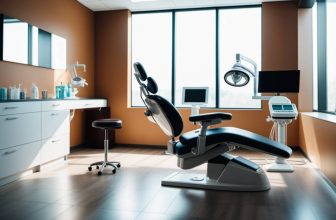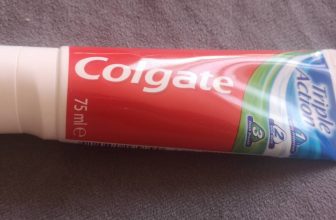When brushing your teeth, the American Dental Association recommends doing it twice daily for two full minutes each time. However, they don’t specify when you should do it.
Some people brush their teeth in the morning and again at night before bed. This seems to be the standard for most people. But what if you’ve been brushing your teeth at the wrong part of your day?
Some experts say brushing your teeth as soon as you wake up is more beneficial than brushing after breakfast. While it may not be ideal to have fluoride-flavored orange juice in your mouth first thing in the morning, they argue it’s best for your teeth.
This article will explore the argument that brushing your teeth as soon as you wake up is better for your oral health.
Should I brush my teeth before or after breakfast?
Most people know it’s important to brush their teeth regularly, but many aren’t sure if they should brush their teeth before or after eating breakfast. In general, it’s better to brush your teeth after eating since food and bacteria in your mouth can cause tooth decay. However, there are a few cases where brushing your teeth before you eat can be beneficial.
If you have braces, for example, it’s essential to brush your teeth before you eat so that the braces can remove any food that may be caught in them.
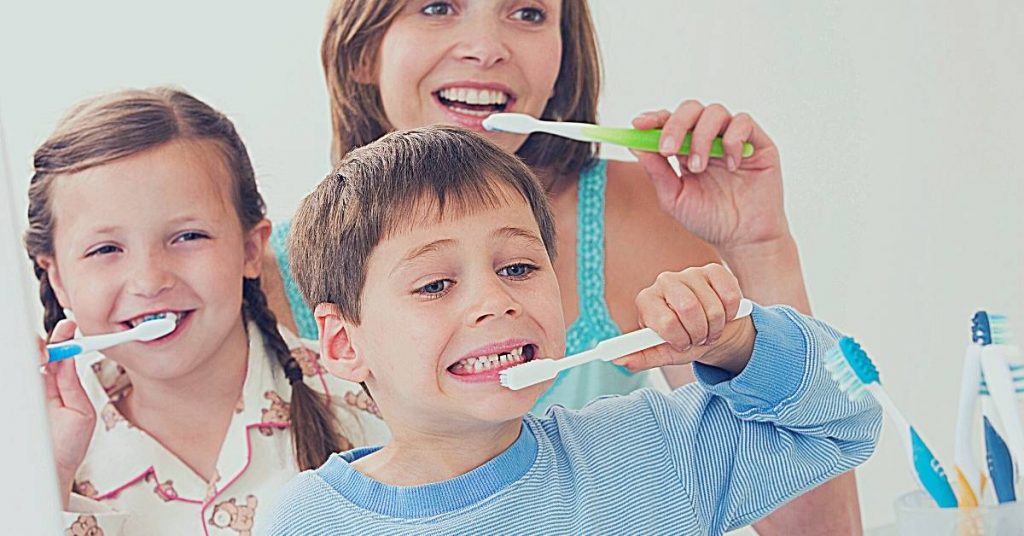
If you have a severe case of gum disease, you may also need to brush your teeth before breakfast to reduce the number of bacteria in your mouth. However, in most cases, it’s best to brush your teeth after you eat.
If you’re unsure whether you should brush your teeth before or after breakfast, ask your dentist for their opinion. They can give you specific advice based on your individual needs.
Benefits of brushing your teeth before breakfast
Brushing your teeth before eating breakfast is always a good idea.
Here are some of the benefits:
1. Remove plaque from teeth
Brushing your teeth before breakfast helps to remove any food particles that may be stuck in your teeth. This helps to prevent plaque build-up and cavities.
2. Refreshes your breath
Brushing your teeth before breakfast can help to freshen your breath and make you more likely to enjoy your breakfast, and you won’t get bad breath syndrome.
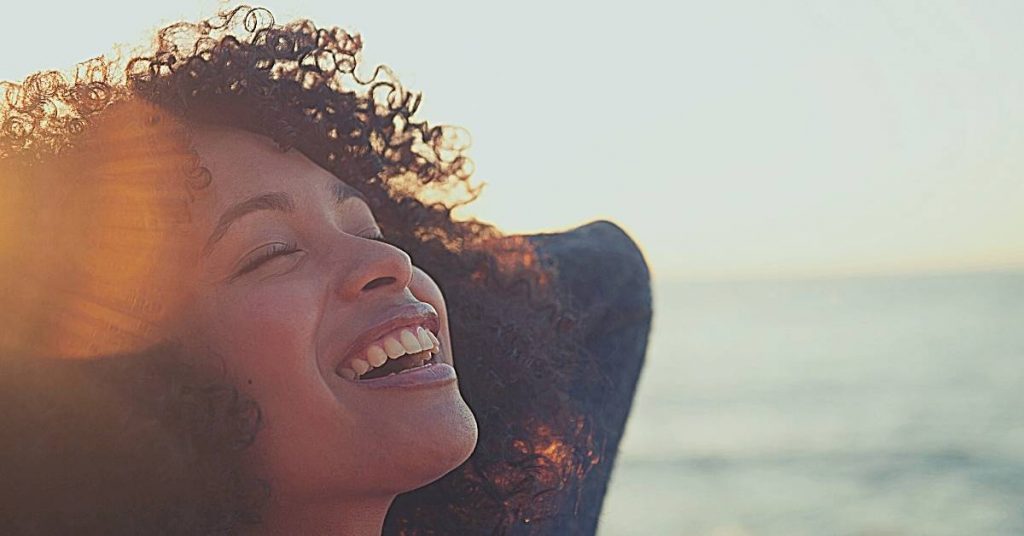
3. It stimulates the digestive system
Brushing your teeth before breakfast can help to stimulate your digestive system and get it going for the day.
4. It jumpstarts saliva production
Brushing your teeth before breakfast jumpstarts saliva production. Saliva is vital for keeping your mouth healthy and clean.
5. It’s an excellent way to start the day
Brushing your teeth before breakfast is an excellent way to start your day. It helps you to be more alert and awake, and it can give you a boost of energy.
6. It can help to reduce stress
Brushing your teeth before breakfast can help to reduce stress and anxiety. It’s an excellent way to start your day off on a positive note.
7. It’s good for your oral health
Brushing your teeth before breakfast is suitable for your oral health. It helps to remove plaque and bacteria from your teeth, and it can also help to prevent gum disease.
8. It’s good for your overall health
It can help to reduce the risk of heart disease, stroke, and other health problems.
You should not be Brushing your teeth Immediately After Eating
You may be wondering: why shouldn’t I brush my teeth after eating? Won’t that help get rid of all the food particles and bacteria in my mouth?
Well, it’s best not to brush your teeth right after you eat. Why? Because when you eat, your mouth produces acids as a result of the food breaking down. These acids can weaken your tooth enamel, and brushing your teeth immediately after eating will further damage them.
So what should you do instead? Wait at least 30 minutes after eating before brushing your teeth. During that time, the acids will have dissipated, and your tooth enamel will be stronger. Plus, you can swish some water in your mouth or chew sugar-free gum to help eliminate any food particles.
So if you want to keep your teeth healthy and strong, remember to wait before brushing!
After which foods you should not brush your teeth
When it comes to brushing your teeth, there are a few things you should keep in mind. For example, you should always brush your teeth after breakfast and lunch. However, there are some foods that you should avoid brushing your teeth after eating.
Some of the foods you should avoid brushing your teeth on after eating include:
1. Citrus fruits
If you’re a fan of grapefruit or other citrus fruits, eating them is similar to drinking orange juice. You need to wait at least 30 minutes before brushing. If you can’t, consider brushing before breakfast.
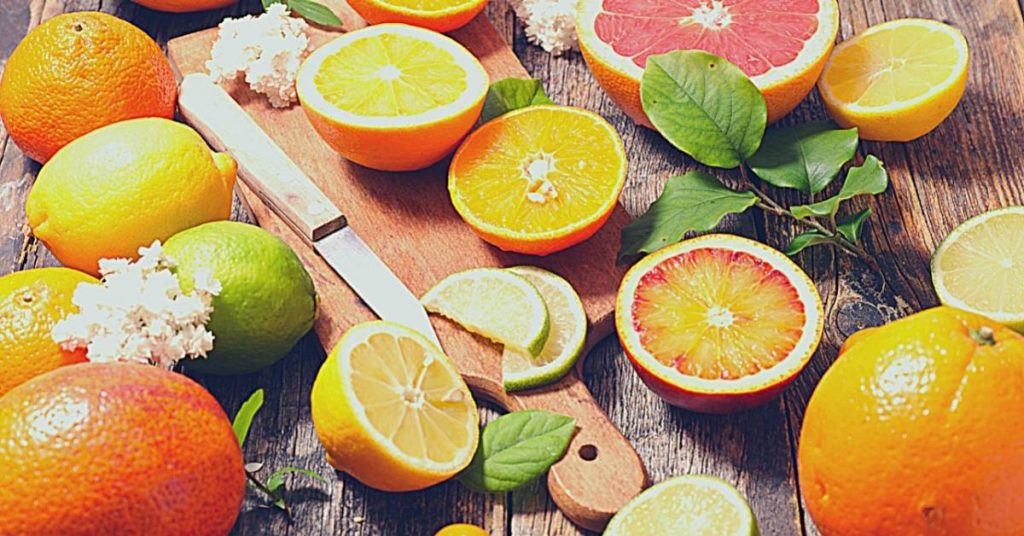
2. Starchy foods
When it comes to starchy foods like bread, pasta, and potatoes, they tend to get stuck in your teeth. As a result, you should wait at least 30 minutes before brushing your teeth. If you can’t wait that long, consider flossing instead.
3. Dairy products
Dairy products like milk and yogurt are high in calcium. However, calcium can also lead to tooth decay if it’s not removed correctly. That’s why it’s best to wait at least 30 minutes before brushing your teeth after eating dairy products. If you can’t wait that long, consider rinsing your mouth with water.
4. Sugary foods
Sugary foods are one of the worst offenders of tooth decay. That’s because the sugar in these foods can feed the bacteria in your mouth, leading to cavities. So if you’re going to eat sugary foods, brush your teeth immediately afterward.
5. Acidic foods
Acidic foods like tomatoes and vinegar can weaken your tooth enamel. As a result, you should wait at least 30 minutes before brushing your teeth after eating them. If you can’t wait that long, consider rinsing your mouth with water.
6. Coffee and coca cola
Coffee and coca cola are two of the worst offenders when staining your teeth. That’s because the tannins in these drinks can bind to your tooth enamel, causing stains. So if you drink coffee or coca cola, brush your teeth immediately afterward.
7. Alcohol
Alcohol can dry out your mouth, which can lead to cavities. It can also stain your teeth. So if you drink alcohol, brush your teeth immediately afterward.
8. Tobacco
Tobacco use is one of the leading causes of tooth decay and gum disease. That’s why brushing your teeth immediately after using tobacco is essential.
In conclusion, it is important to brush your teeth after every meal. However, there are some foods that you should avoid brushing your teeth after eating. If you have to brush your teeth after eating one of these foods, use fluoride toothpaste.
How to Properly Brush Your Teeth
The American Dental Association (ADA) recommends brushing your teeth for two minutes at least twice daily. But do you know how to brush your teeth properly?
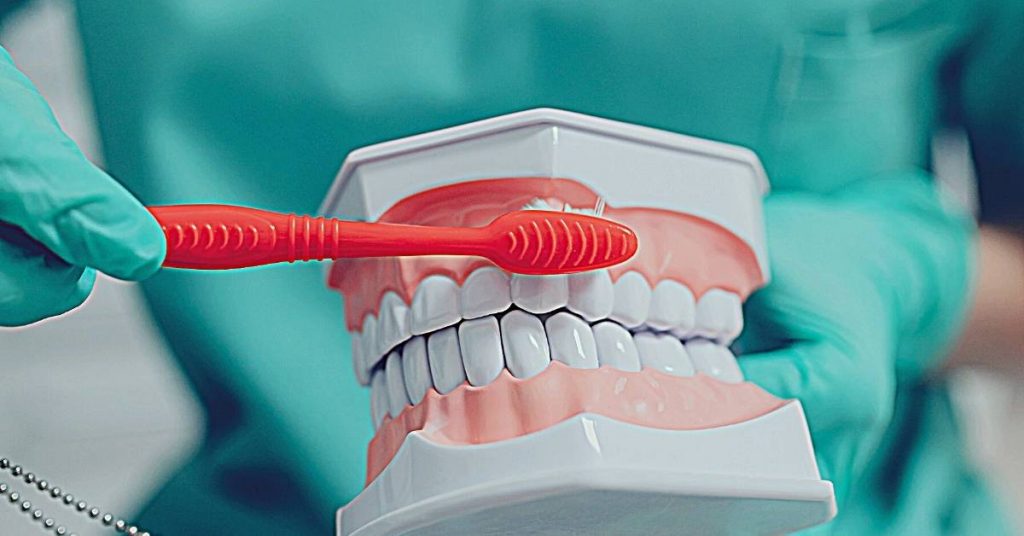
To brush your teeth correctly, use pea-sized toothpaste on your toothbrush. Aim the toothbrush at a 45-degree angle towards the gum line and use gentle circular motions. Be sure to brush on the inside surfaces of your teeth and to use a light back and forth action on the chewing surfaces of your molars. Spit out the toothpaste after brushing.
It’s also important to replace your toothbrush every three months or whenever the bristles start to fray. And don’t forget to floss!
Btw: Do you know how much toothpaste to use? Here is a quick guide!
How to Floss your teeth properly
To floss properly, use about 18 inches of floss. Wrap most of the floss around your middle fingers, leaving about an inch of floss to work with. Use your thumbs and index fingers to guide the floss between your teeth. Gently curve the floss around the base of each tooth and under the gum line. Use a light back and forth to remove plaque and food particles between your teeth. Be sure to use a new section of floss for each tooth. Spit out the floss after you’re finished.
Brushing and flossing daily is essential for good oral hygiene. Following these simple steps can help keep your teeth and gums healthy!




